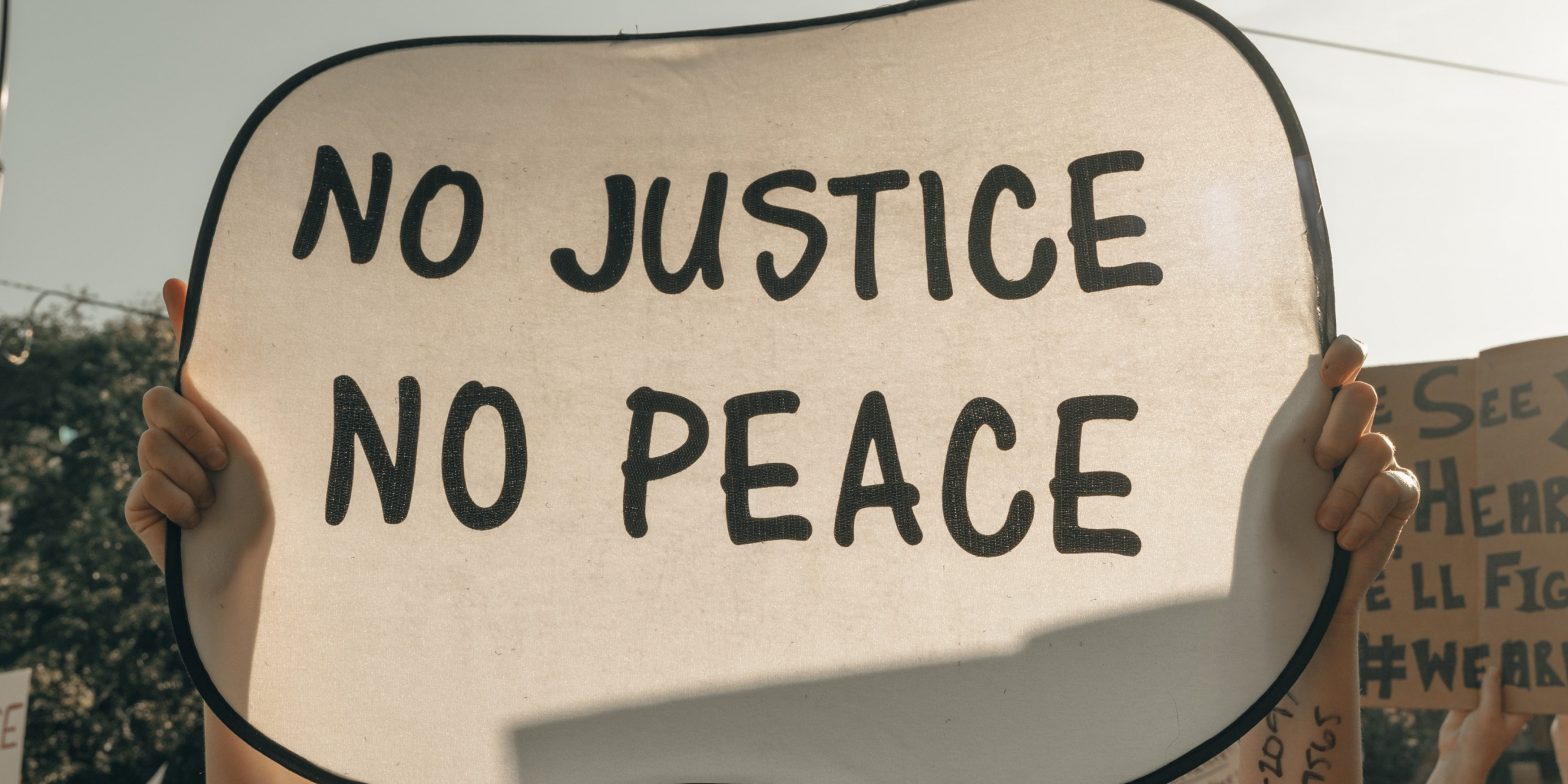After George Floyd was murdered and the video of his death widely shared on social media, those blissfully unaware of racism in American society took to the streets alongside veteran organizers to protest, petition, and stand in solidarity with oppressed communities. Calls to defund the police echoed loud enough to reach the halls of the federal government, prompting the introduction of the Justice in Policing Act of 2020, a police reform bill meant to increase law enforcement accountability. Discussions about systemic racism reached an all-time high, with books like How to Be an Antiracist and White Fragility soaring to the top of bestseller lists. Several companies even began making commitments to donate to activist organizations in the fight for justice and equality. That was June.
Now in October, one might expect that America would be undergoing a profound political, social, and economic transformation. But alas, Black and brown people are still disproportionately affected by COVID-19, the federal police reform bill has been stalled in Congress, and support for Black Lives Matter has dwindled.
This lack of substantive progress proves particularly troubling, yet is not entirely unexpected. Time and again, the goals of seasoned activists, like increasing funding for social services and reimagining police forces, have been co-opted and watered down by politicians and public figures looking to earn social brownie points. Those unfamiliar with the issues facing disadvantaged communities launch top-down white savior-esque reform efforts that don’t truly help people.
Consider the response to George Floyd’s murder. Instead of systemic change, we got a few corporate social justice press releases, the toppling of some old statues, and a flood of political speeches.
At best, these misguided attempts at making society more equitable allow for self-indulgent guilt assuaging among people who perceive the fight for social reform as a pet project. At worst, these efforts are used as fodder for the right wing to frame today’s social movement as a dangerous woke crusade, countering with the racial dog whistle of law and order rhetoric. All the while, disadvantaged communities continue to go without aid.
And yet, while both parties can be held responsible for the ineffectiveness of social reform, Democrats have long played a special and enabling role in the problem.
Each time the unjust death of a Black person captures national attention, Democrats invariably embrace the civil rights era rhetoric of social change, progress, and equality. Still, they continue to hide behind half-measures and timid policy proposals in desperate attempts to hold together a broad coalition of multicultural, inter-class and inter-generational voters. The verbal commitment to reform without the pursuit of sweeping political and economic policy is just enough of a nod to voters of color and low-income Americans to secure their votes and keep their hopes for change alive. Meanwhile, upper-class liberals need not worry about substantial economic change, and they can rest easy knowing they support the party that professes politically correct values.
People are starting to see through the thin veil of hope that Democrats have created, and Republicans have already taken advantage of that fact. Donald Trump’s election capitalized on the resentment and skepticism that working-class white voters had for the Democrats’ establishment politics. For them, “business as usual” was no longer sufficient, and their ballots in 2016 reflected this discontent.
In 2020, it seems Democrats have not learned from their mistakes. Young voters aren’t particularly fond of this year’s Democratic nominee, Joe Biden, who has become the poster child for moderate politics. With racial inequality and climate change posing immediate threats to society, Biden’s unwillingness to support defunding the police and his constantly shifting climate plans come off as more of the same to young people, who will have to confront these issues long after this septuagenarian exits the political area.
As we look to the future, the Democratic position begs a few questions. First, how long until downtrodden and frustrated communities of color refuse to continue supporting the Democratic party? Will the progressive left garner enough support to establish its own political coalition and champion the ambitious policy needed to move our society forward? Or, will the pressures of a two-party system force Americans to fall in line and vote establishment blue for the foreseeable future?
The impending election undoubtedly represents a turning point in American politics. The November vote will be a referendum on Trumpism, and American right-wing populism more broadly. It will determine the future of the Republican party as we know it. At the same time, this election will challenge the core of the Democratic party, and it may apply enough pressure to permanently alter the establishment’s structure.
If the Democrats win the presidential election and reclaim the Senate, there will be immediate and immense pressure on them to usher the U.S. into a third reconstruction period. Changes to health insurance, welfare, and environmental policy will be at the top of the agenda. If reforms don’t occur, the party’s facade of social change will crumble under the weight of their inaction, leaving Democratic constituents to reconsider their support for the party.
If the Democrats lose the presidential election, their ability to flip the Senate will lose relevance, and communities of color will be left to fend for themselves in recovery efforts post-pandemic. Poor communities, already disenchanted by the continual lack of support from the federal government, could turn away from national politics for good and shift their attention to the local level to collaborate with municipal governments and local businesses. Democratic politics beyond the state level would thus become a shell of itself, nothing more than a bulwark against a Republican party’s authoritarian shift.
The Democratic Party is at a crossroads. Their long-standing rhetoric of revolution will no longer suffice. Over the next few months, they must act swiftly and decisively or risk losing power in American politics for decades to come. Do they have the capability to do so? It remains to be seen.

